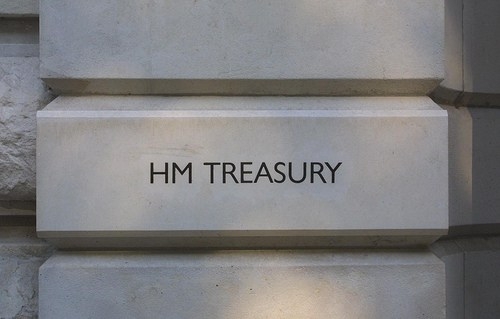Small firms must not escape the burden of regulation while heavy costs are ‘heaped’ on big businesses, the managing partner of a financial services group says.
True Potential managing partner David Harrison claimed that there were rising numbers of small and micro advice firms not receiving as much scrutiny from the regulators.
He wants to see ‘absurd’ regulatory costs cut dramatically as part of a strategy to solve the advice gap – a problem, which he believes, can be traced back to RDR.
True Potential said that its group FCA fees have risen by over 100 per cent in 2015/16 compared to the previous year while the Financial Services Compensation Scheme Levy is up by 133 per cent in the same period.
Mr Harrison’s firm has submitted views on this subject to the FCA and Treasury as part of the Financial Advice Market Review.
He said: “The burden of regulation should be distributed fairly and not simply heaped on the larger firms, while the growing number of small and micro businesses offering advice operate with less scrutiny.”
He said: “The origins of this advice gap can be traced back to RDR. Too few advisers, too many potential customers, and finally a payment system that encourages financial advisers not to look for new clients or to charge higher fees for their services, easily explains the emergence of the advice gap.
“The solution is firstly to encourage more advisers into the market by reducing the absurdly high costs and fees levied on them.”
Almost 60 per cent of advisers who were polled by True Potential said the cost of providing advice, including regulation and compliance, was the greatest barrier, while 30 per cent put RDR at the top of their list.
An investigation by True Potential found that the number of advisers has plummeted while fees soared.
The figure has dropped from around 200,000 sales advisers in 1990 to fewer than 23,000 financial advisers today, the firm reported. This compared to around 150,000 legal professionals and 330,000 accountants.
Mr Harrison added: “Costs to the consumer must also be addressed. It is perfectly clear that consumers are not prepared to pay for advice and it is hard to think of many other sales processes where consumers must pay for the advice as well as the eventual purchase. It’s an alien concept.”

